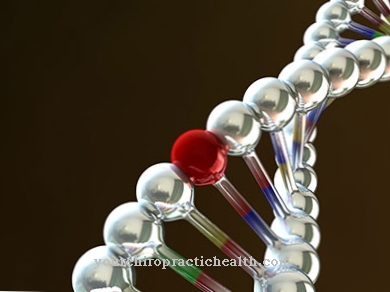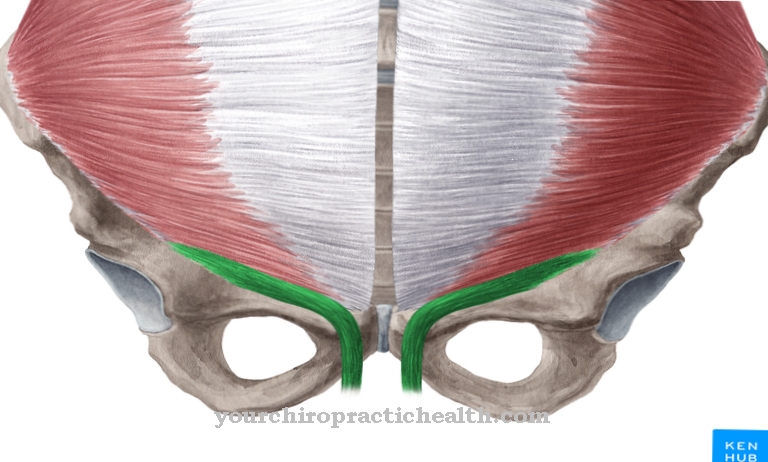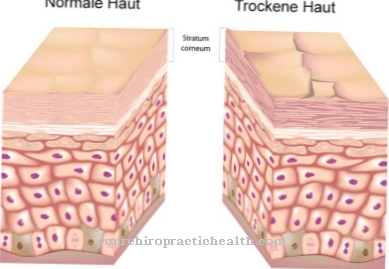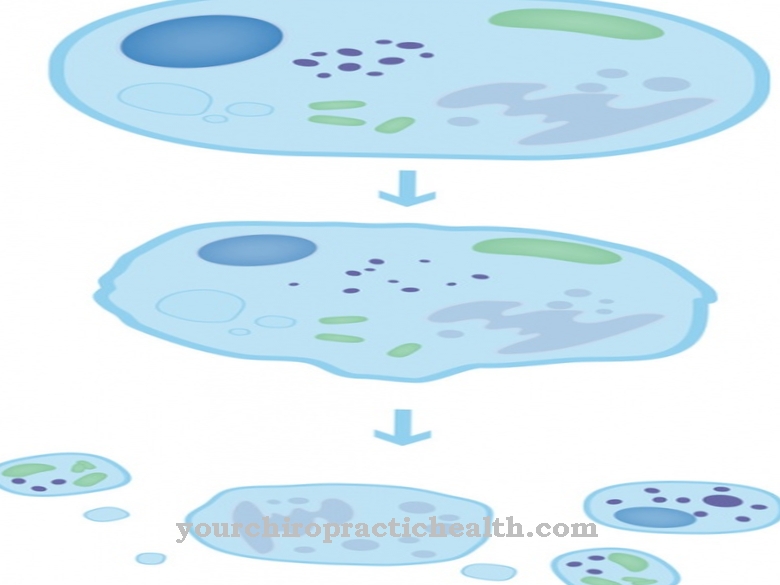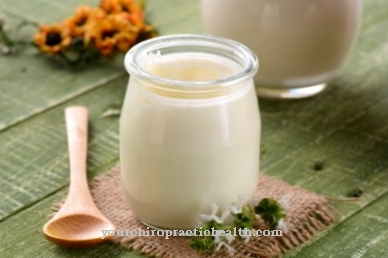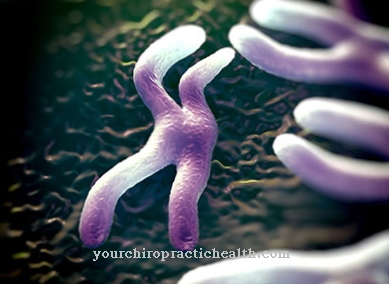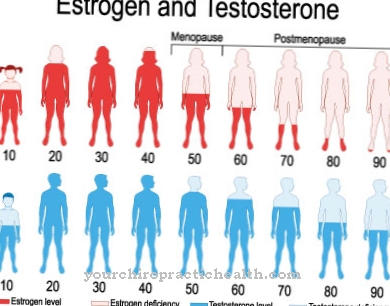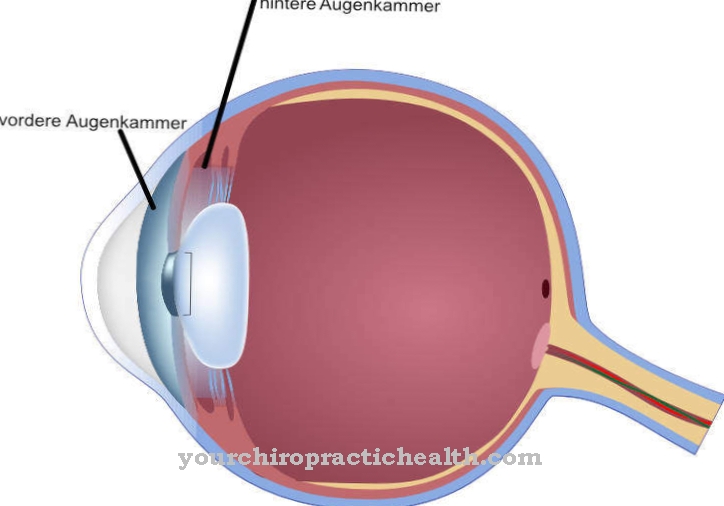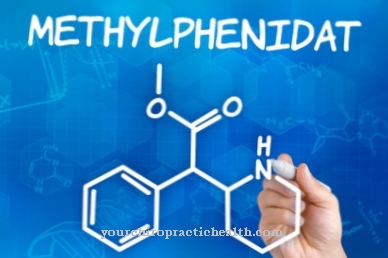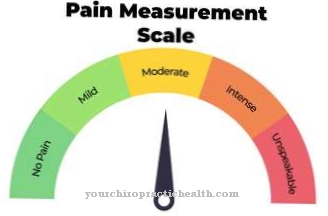Exocytosis is the process of releasing substances from inside the cell to the outside. This complex process takes place in several steps. A distinction is made between constitutive exocytosis and stimulated exocytosis.
What is exocytosis?

The discharge of substances from the cell is defined as exocytosis. The process is very quick and compact. Substances are released from the intracellular space, i.e. from the inside of the cell, into the intercellular space, outside the cell. Exactly the opposite is the case with endocytosis.
Since by-products and waste products that arise during metabolic processes in the cell cannot be stored permanently in the interior of the cell, these products are removed.
The Golgi apparatus (cell organelle that lies directly next to the cell nucleus and is responsible for adapting the proteins) constricts itself with vesicles filled with waste materials. These are the exosomes. These prevent the waste materials from coming into contact with the cytoplasm (cell plasma).
Preventing this is particularly important, since by-products that are no longer required could cause damage when they come into contact with cell organelles. When the exosome hits the cell membrane, it fuses with it and empties the contents into the exterior of the cell.
Function & task
Exocytosis does not only play a major role in the removal of sheep matter from the cell. Exocytosis also plays an important role in the cell-controlled removal of and the release of hormones and neurotransmitters (biochemical messenger substance for transmitting information from one nerve to the other).
A distinction is made between two major types of exocytosis: constitutive exocytosis is the process in which the membrane proteins are integrated into the cell membrane and the biomembrane (separating layer between cell compartments) is renewed or expanded.
The process is known as cell membrane biogenesis. The constitutive exocytosis is particularly important in the cells of the supporting and connective tissue, since proteins are also released to the outside.
In stimulated exocytosis, the specific stimulus is a hormone. It is located on a receptor (target molecule of a cell that is sensitive to certain stimuli) on the cell surface and triggers a signal inside the cell. This plays an important role in the release of hormones into the blood and in the release of digestive secretions into the pulp in the digestive system. An important example of stimulated exocytosis is insulin delivery.
The secretion of insulin is a process of exocytosis. Insulin is produced in the pancreas. The release is stimulated by an increased glucose content and also by free fatty acids and amino acids. The beta cells produce more adenosine triphosphate and this leads to a blockage of potassium-dependent channels.
The release of insulin is activated by calcium ions penetrating the beta cells from the extracellular space. The insulin vesicles fuse with the cell membrane of the beta cell and empty outwards. Insulin has started to be released. The insulin ensures a balanced blood sugar level. If this process is disturbed, there is a risk of diabetes.
Part of the sperm, which consists of the secretion from the prostate, is also associated with exocytosis. The secretion produced is transported out of the cells through exocytosis into the ureter.
Exocytosis is of particular importance for the release of hormones. The process of releasing hormones is analogous. The triggering signal is an electrical impulse in the releasing cell. The hormone, such as adrenaline, is released into the bloodstream after it is released into the surrounding tissue. Depending on the target organ, it triggers a different reaction.
In addition to hormones, neurotransmitters are also an important product of exocytosis. They transmit the electrical nerve impulse between the nerve cells.
So far there are a large number of neurotransmitters that have a positive effect on the human body. The most important neurotransmitter in the peripheral nervous system is acetylcholine. This messenger substance enables the transmission of nerve impulses to the muscles. If the system is out of balance, symptoms of Parkinson's disease can be triggered by a lack of dopamine in the brain.
Glutamate is important in the brain. This messenger substance is necessary for the control of movement, for sensory perception and also for memory. The release and absorption of glutamate is impaired in Alzheimer's patients.
Illnesses & ailments
Exocytosis of neurotransmitters can be prevented by toxins in the body. For example, the toxins of tetanus bacteria are poisonous. This results in cramps and paralysis.
The inherited metabolic disease cystic fibrosis is also a cause of an improper exocytosis. The affected cells cannot penetrate the surrounding tissue. As a result, the bronchial secretion, the secretion of the pancreas, the bile and the internal genital organs become viscous and functional disorders occur in the affected organs.
In general, the viruses leave the host cell through exocytosis and therefore attack foreign cells. Antivirals are taken to stop the virus from multiplying. These are drugs that inhibit reproduction.
To prevent many diseases it is now possible to get vaccinated. The vaccination prepares the immune system to defend itself against the pathogens. The immune system recognizes foreign structures and forms antibodies.
This is not yet possible with very complicated viruses, such as the HI virus (HIV) or hepatitis C. Since viruses can change in the unpredictable time, developing a vaccine is very difficult.
The growing knowledge about the functions of the neurotransmitters also provides starting points for the development of effective drugs, such as for depression.



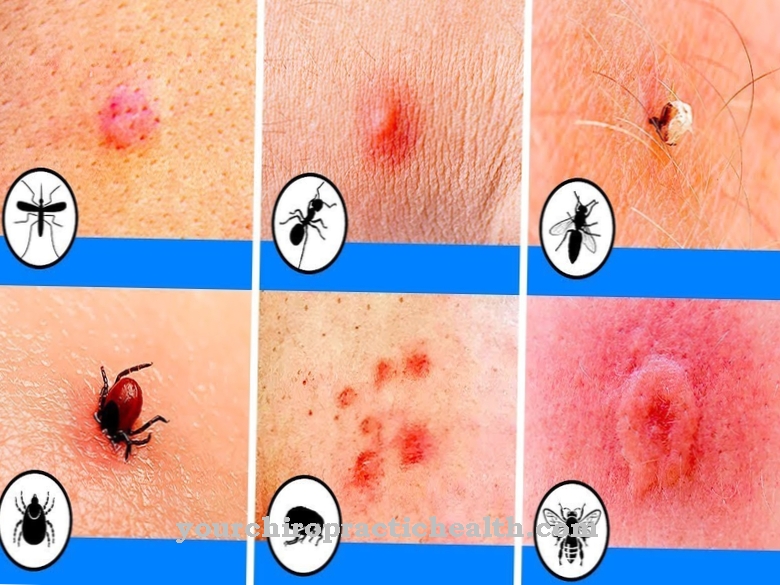
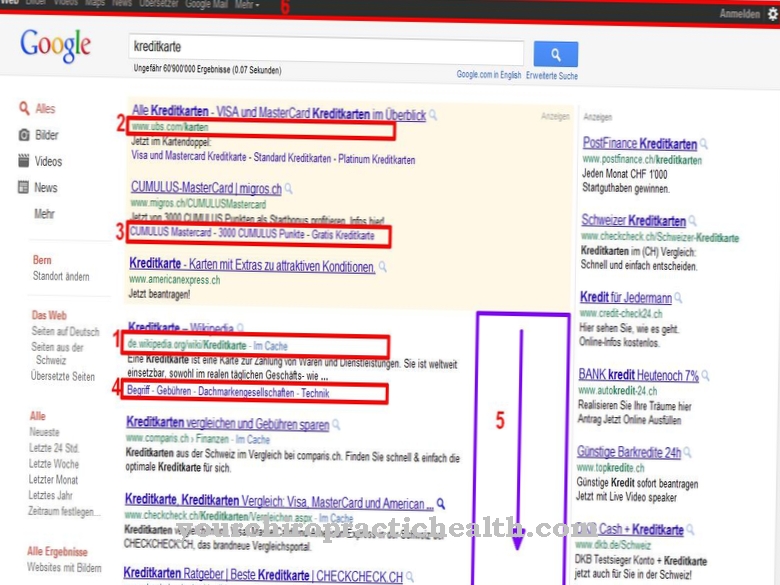



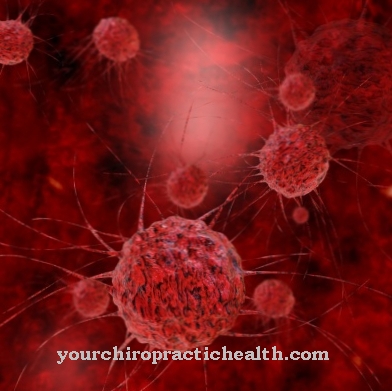

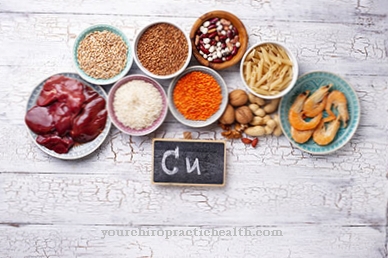

.jpg)
